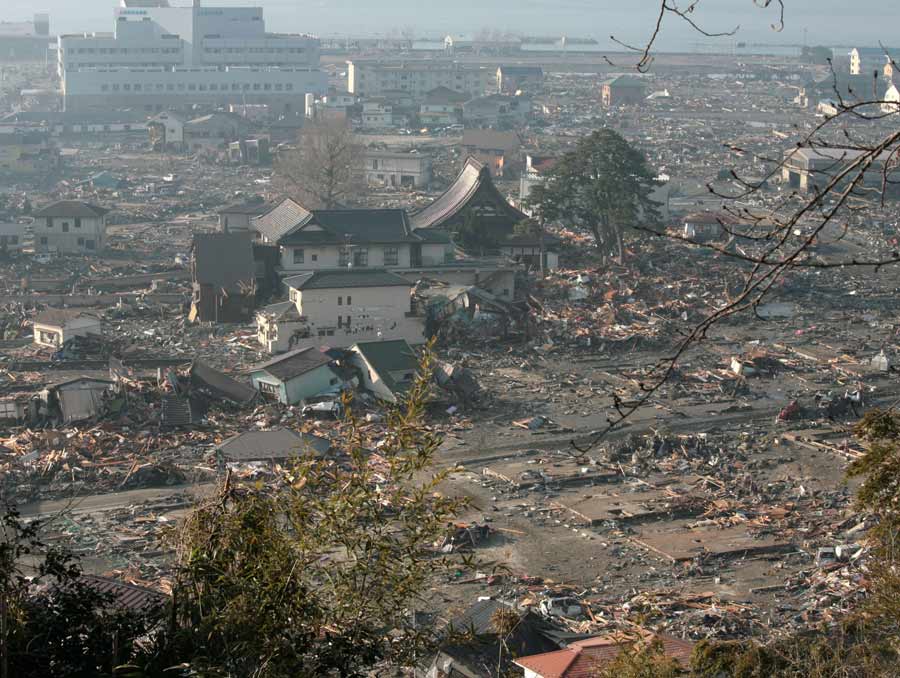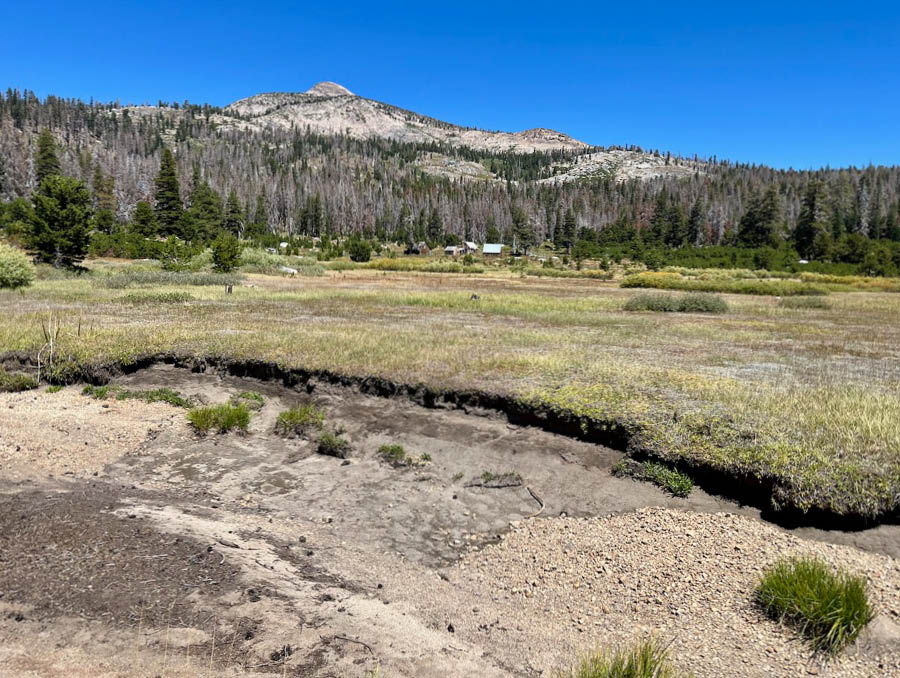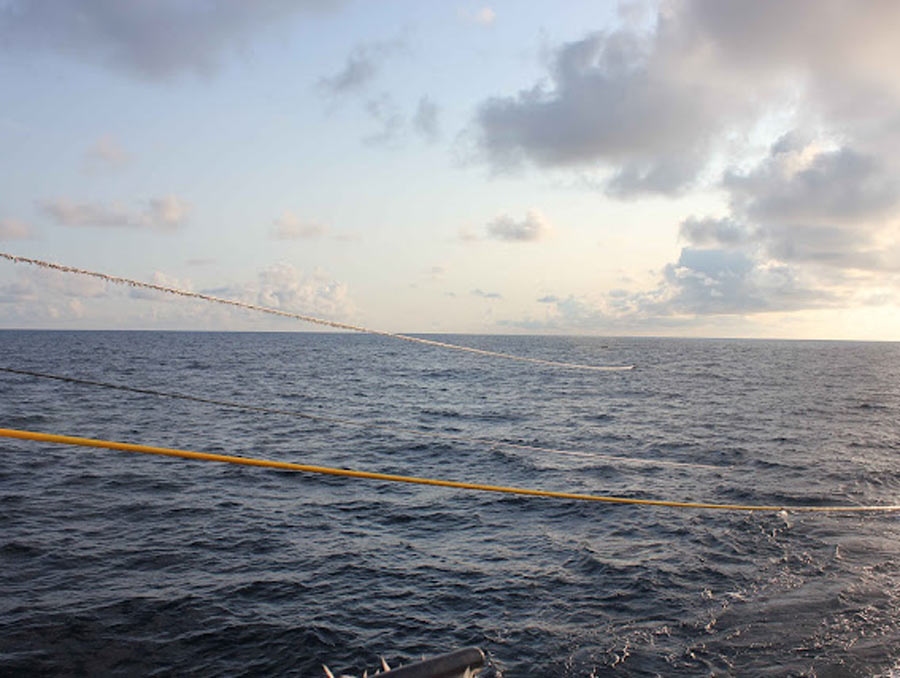The Interdisciplinary Graduate Program in Hydrologic Sciences
The University of Nevada, Reno's hydrology program focuses on studies of water in the environment including its role in geologic and biogeochemical processes, ecosystem functions, and climate science. Learn more about the graduate program, the admissions process and resources for student support.
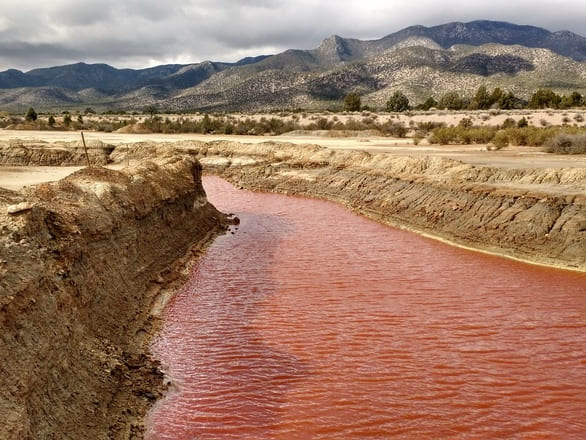
About us
Learn more about our research interests and interdisciplinary departments and partners that create our unique academic program.
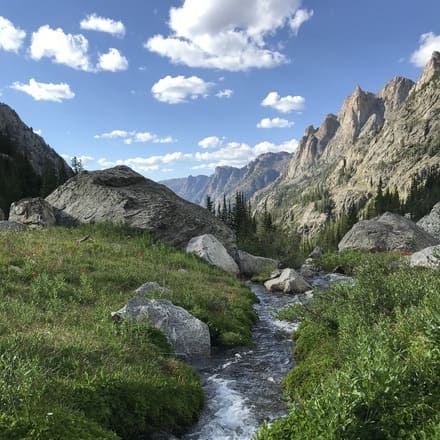
Degree programs
Admission requirements, deadlines, program timelines, funding information and more outlining the doctoral and master's programs.
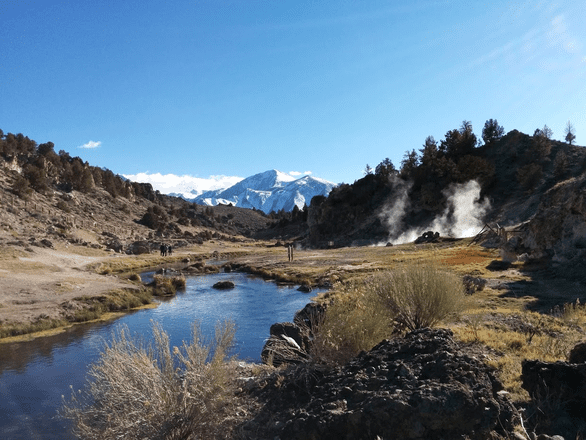
Student resources
Program handbook, career information, and a list of student organizations and campus resources.
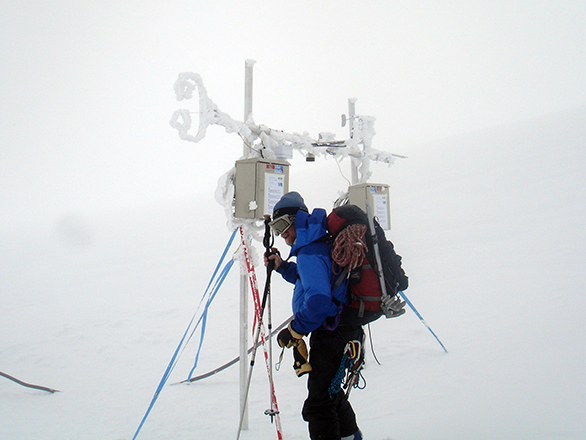
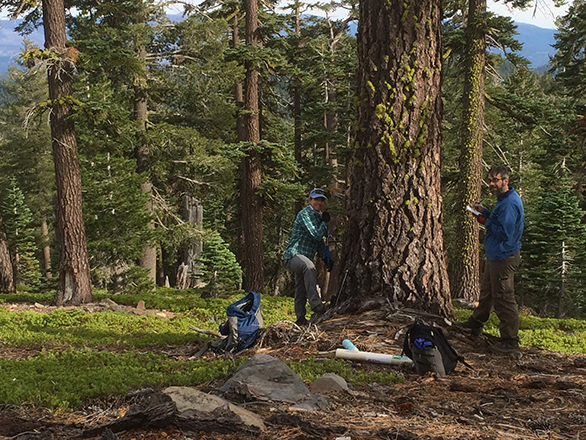
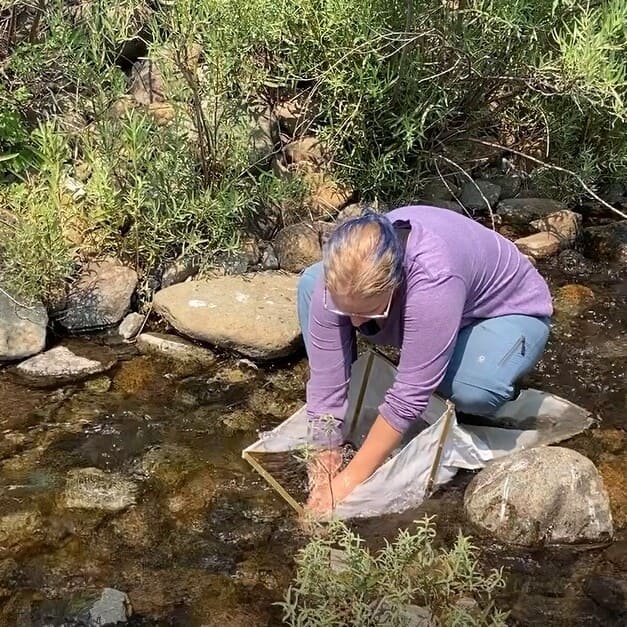 Starting in January 2021, the
Starting in January 2021, the 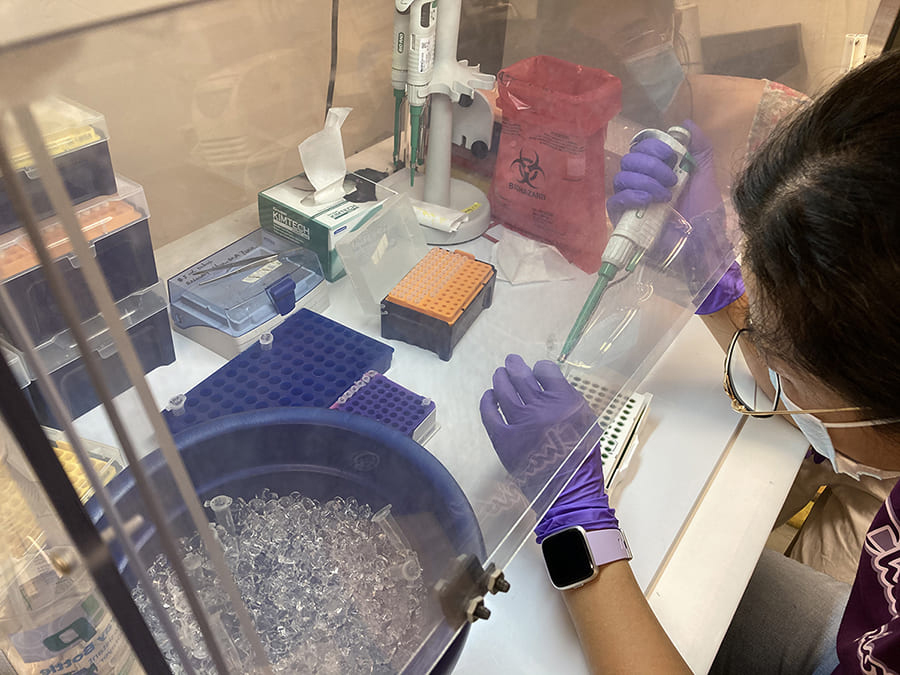 The highly contagious COVID-19 Delta variant has been successfully identified and tracked in Truckee Meadows wastewater since June 2021, establishing the monitoring process as a viable means of detecting new COVID-19 variants that may be present in Washoe County.
The highly contagious COVID-19 Delta variant has been successfully identified and tracked in Truckee Meadows wastewater since June 2021, establishing the monitoring process as a viable means of detecting new COVID-19 variants that may be present in Washoe County.
